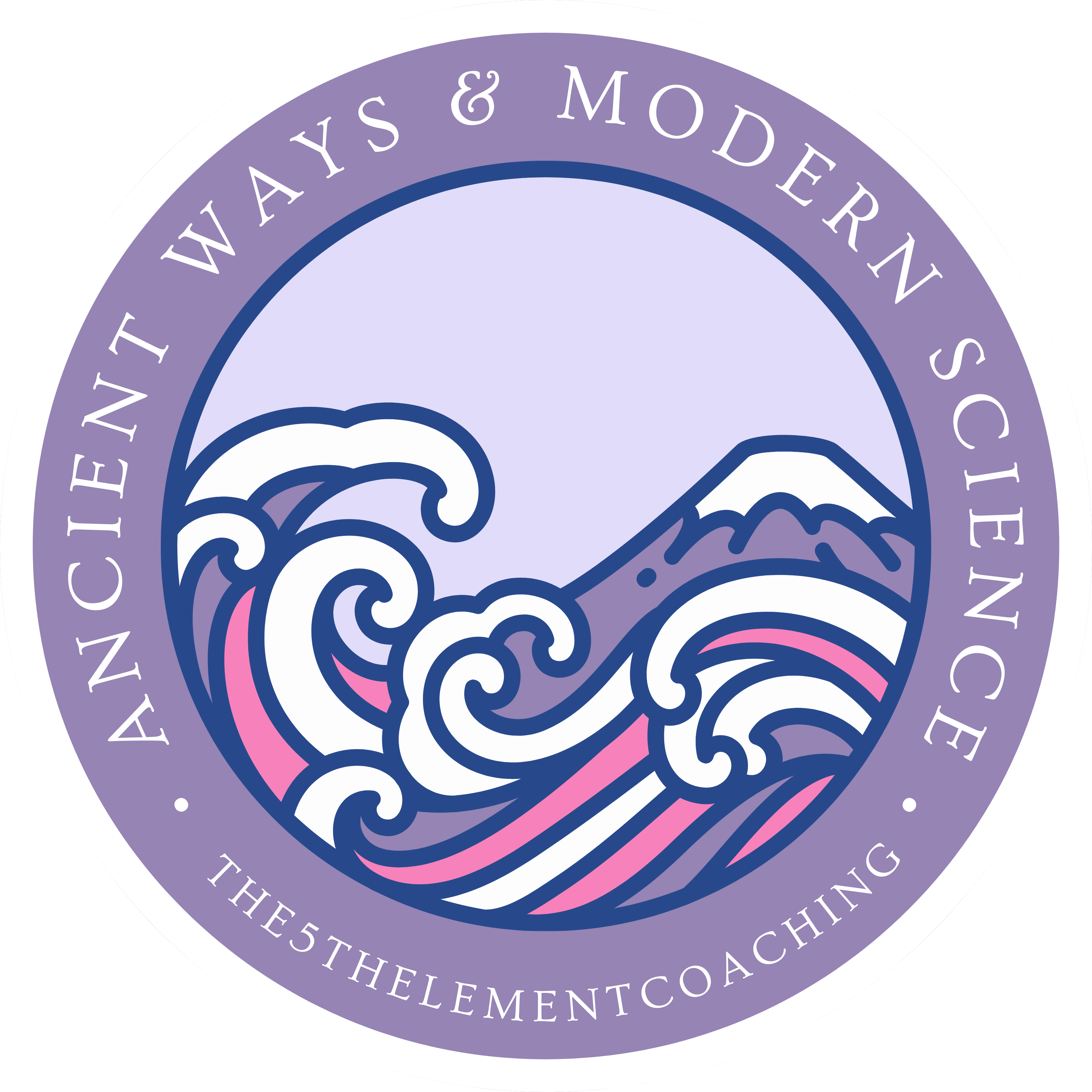Practical methodologies, including chakra assessment, body-cantered practices, and psychological exercises, are discussed, showcasing their application within therapeutic and coaching contexts. The relevance of Judith’s work to the 5th Element Coaching Program is emphasized, demonstrating how this integration can enhance holistic assessment, tailored interventions, self-awareness, and client empowerment. This synthesis of mind, body, and spirit offers profound insights into human potential and practical tools for navigating life’s complexities.
“Eastern Body, Western Mind: Psychology and the Chakra System As a Path to the Self” by Anodea Judith bridges the gap between Eastern and Western thought, offering a comprehensive framework that integrates the chakra system with modern psychology. This synthesis provides a holistic approach to personal development and healing, making it a valuable resource for the 5th Element Coaching Program.
This academic analysis explores the book’s key concepts, methodologies, and practical applications, underscoring its relevance for contemporary coaching practices.
Overview of the Chakra System
The chakra system, rooted in ancient Eastern traditions, describes seven energy centres within the human body, each associated with specific physical, emotional, and spiritual functions. Anodea Judith’s work elaborates on this system, linking each chakra to various psychological theories and developmental stages.
- Root Chakra (Muladhara): Located at the base of the spine, this chakra is associated with survival, stability, and grounding. Judith connects it with early childhood experiences and the development of basic trust, drawing parallels with Erik Erikson’s stage of “Trust vs. Mistrust.”
- Sacral Chakra (Svadhisthana): This chakra, located in the lower abdomen, governs creativity, sexuality, and emotional balance. Judith relates it to Freud’s psychosexual stages and the development of autonomy.
- Solar Plexus Chakra (Manipura): Situated in the upper abdomen, it is linked to personal power, will, and self-esteem. Judith aligns it with the formation of the ego and identity, highlighting influences from Adlerian psychology.
- Heart Chakra (Anahata): Located at the centre of the chest, this chakra represents love, compassion, and relational bonds. Judith explores its connection to attachment theory and the capacity for healthy relationships.
- Throat Chakra (Vishuddha): Found at the throat, this chakra is associated with communication, expression, and truth. Judith discusses its relevance to assertiveness and the development of a clear, authentic voice.
- Third Eye Chakra (Ajna): Positioned between the eyebrows, it governs intuition, insight, and inner vision. Judith ties it to cognitive development and the integration of the unconscious with the conscious mind.
- Crown Chakra (Sahasrara): Located at the top of the head, it symbolizes spiritual connection and enlightenment. Judith links it to the search for meaning and the transcendence of the self.
Integration with Western Psychology
Judith’s integration of the chakra system with Western psychology offers a unique framework for understanding personal development. She draws on various psychological theories, including:
- Freudian Psychoanalysis: Judith connects Freud’s stages of psychosexual development to the chakras, illustrating how early experiences influence energy flow and psychological health.
- Jungian Psychology: The concept of individuation and the integration of the shadow are explored in relation to the higher chakras, emphasizing the journey towards wholeness.
- Attachment Theory: The heart chakra’s association with love and attachment is examined through the lens of Bowlby’s attachment theory, highlighting the importance of early relationships in forming secure attachments.
- Humanistic Psychology: The principles of self-actualization and personal growth from Maslow and Rogers are integrated with the higher chakras, underscoring the pursuit of purpose and fulfilment.
Methodologies and Practical Applications
“Eastern Body, Western Mind” provides practical methodologies for applying its concepts in therapeutic and coaching contexts. These methodologies include:
- Chakra Assessment: Identifying imbalances in the chakras through introspection and guided questionnaires helps clients understand areas needing attention and healing.
- Body-Centered Practices: Techniques such as yoga, meditation, and breathwork are recommended to balance and energize the chakras, promoting overall well-being.
- Psychological Exercises: Judith offers specific exercises tailored to each chakra, aimed at addressing psychological blocks and fostering personal growth. These exercises often involve reflective journaling, affirmations, and visualizations.
- Integrative Approaches: Combining chakra work with traditional therapeutic techniques, such as cognitive-behavioural therapy (CBT) and psychodynamic therapy, enhances the effectiveness of interventions.
Relevance to the 5th Element Coaching Program
The 5th Element Coaching Program, which emphasizes holistic development and the integration of mind, body, and spirit, can significantly benefit from Judith’s framework. The integration of Eastern and Western perspectives aligns with the program’s goal of fostering comprehensive personal growth.
- Holistic Assessment: Coaches can use the chakra system to conduct holistic assessments of clients, identifying imbalances that affect their well-being and performance.
- Tailored Interventions: By understanding the psychological and energetic dimensions of the chakras, coaches can design tailored interventions that address specific client needs, promoting balanced development.
- Enhancing Self-Awareness: The practices and exercises suggested by Judith can enhance clients’ self-awareness, helping them understand the interplay between their physical, emotional, and spiritual health.
- Empowering Clients: By teaching clients about the chakra system and its practical applications, coaches empower them to take an active role in their own healing and development.
Final Word on Integrating Chakra Healing and Psychology
Anodea Judith’s “Eastern Body, Western Mind” offers a profound integration of Eastern chakra traditions with Western psychological theories, providing a holistic framework for personal development and healing. Its application within the 5th Element Coaching Program can enrich coaching practices, offering clients deeper insights and more effective strategies for achieving balance and fulfilment. By bridging these two worlds, Judith’s work not only enhances our understanding of human potential but also provides practical tools for navigating the complexities of modern life.






